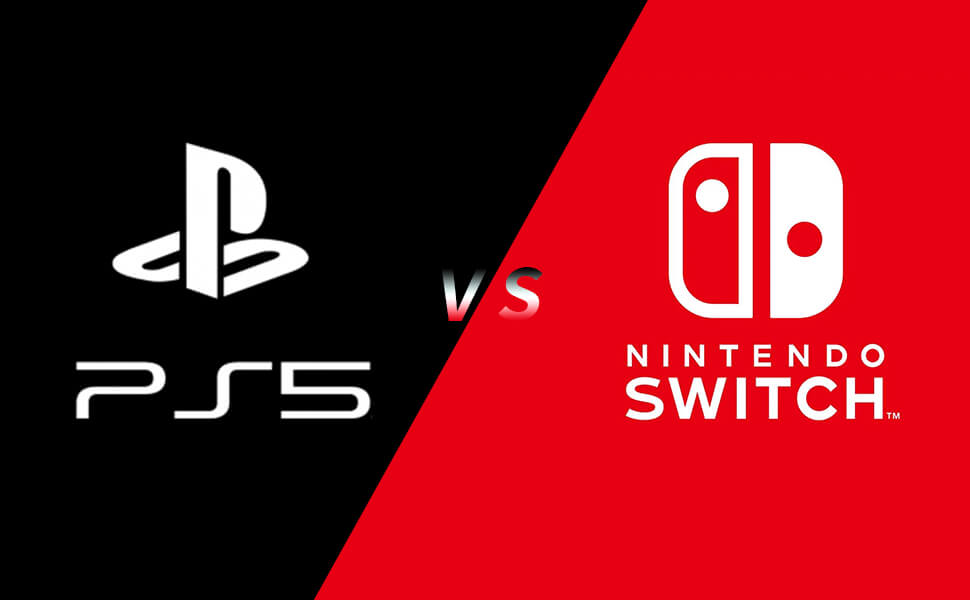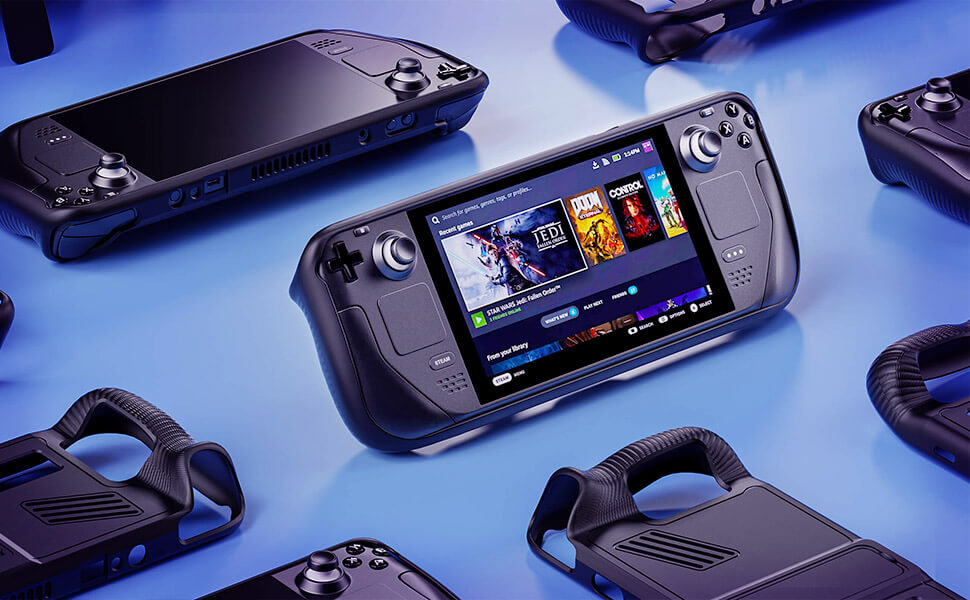Starting at $499: Meta Releases Next-Generation Mixed Reality Headset, Quest 3
On June 5, 2023, Meta CEO Mark Zuckerberg announced the launch of the Quest 3, starting at $499 for the 128GB version. This product aims to go beyond VR and focus more on MR, providing users with an immersive mixed reality experience. Interestingly, Meta took the lead by announcing the Quest 3 just four days before the start of Apple's Worldwide Developers Conference (WWDC), where it was predicted that Apple would unveil its own MR headset. Meta stated that the Quest 3 will be the highly anticipated all-in-one headset with powerful capabilities.
Quest 3 Upgrades Inside and Out
According to available information, compared to Quest 2, Meta promises that the optical profile of Quest 3 will be 40% slimmer with no facial insets. However, Meta did not specify if the facial interface has undergone further ergonomic improvements. Well-known Bloomberg journalist Mark Gurman personally tested a Quest 3 prototype and mentioned that the head strap of the headset is more secure and comes with a physical IPD (interpupillary distance) adjuster.
In contrast to the traditional Quest controllers, the Quest 3 controllers resemble the Quest Touch Pro controllers, abandoning the "halo" structure that housed the infrared sensors since the first-generation Rift. This new design provides a more natural grip and offers the same haptic feedback as the Touch Pro controllers.
Additionally, through Direct Torch technology, users can experience system-level hand tracking without the need for setup or controllers.
In terms of performance, thanks to the next-generation Snapdragon chipset, Meta claims that the GPU performance of Quest 3 is twice that of Quest 2. While Quest 2 utilized the XR2 chip based on Snapdragon 865 architecture, leaks suggest that Quest 3 will adopt the second-generation Qualcomm Snapdragon XR2 chip. Meta has also improved the resolution of the pancake optical display, although exact specifications have not been provided.
At the same time, Quest 3 is very user-friendly for existing players, as it is compatible with over 500 VR games, applications, and experiences from the Quest 2 library, with more to come.
Currently, Meta has only revealed the price of the 128GB version, which is $499, one-sixth of the previously predicted price of Apple's headset ($3000). Similarly, in a player-friendly move, Meta has reduced the price of Quest 2, with the 128GB version now priced at $299 and the 256GB version at $349. Furthermore, there are plans to upgrade the CPU and GPU of Quest 2 and Quest Pro, with CPU performance increasing by up to 26% and GPU speeds seeing improvements of up to 19% and 11%, respectively. This will provide smoother gameplay, more responsive user interfaces, and richer content experiences.
More than just a VR headset
With Meta's continued efforts, the popularity of mixed reality remains strong. Meta envisions people using the Quest to play virtual games on physical tabletops. Meta's announcement states that Quest 3 is their first "consumer-market product that delivers cutting-edge VR and MR experiences in a single device."
"This new experience goes beyond current mixed reality by intelligently understanding and responding to objects in your physical space, allowing you to manipulate them in natural and intuitive ways that were previously nearly impossible," claims Meta's blog, emphasizing high-fidelity color, innovative machine learning, and spatial understanding capabilities.
To achieve this, Quest 3 will be equipped with two 4-million-pixel RGB cameras and, for the first time, a depth sensor. Meta claims that "pixel throughput has increased tenfold compared to Quest 2."
"Due to the dual RGB color cameras, video passthrough on Quest 3 can accurately represent colors and provide realistic real-world rendering. I can even use my phone while wearing it, which was not possible with Quest 2," said Gurman, referring to his prototype demonstration and describing it as a "huge improvement over Quest 2."
Quest 3 is currently the most advanced mixed reality headset available, but it still falls short of our expectations for Apple's offering. Quest 3 is a consumer-grade product, while Apple's long-anticipated mixed reality headset is expected to revolutionize people's perception of augmented reality in the coming years. At least in terms of hardware specifications, Apple's product is expected to surpass many others.
The Era of Mixed Reality Has Arrived
Meta's unveiling of its mixed reality headset yesterday clearly indicates its intention to beat Apple to the market with a similar product. All signs point to Apple announcing its own mixed reality headset at next week's WWDC23 conference. Being the culmination of years of research and development, and serving as the first major platform (referred to as xrOS), this is a significant milestone that has been generating a lot of attention for mixed reality.
In comparison, Quest 3 is not as powerful. It lacks the advanced features rumored to be present in Apple's headset, such as facial and eye tracking, making it not a direct competitor. However, by announcing their product today, Meta has managed to grab the headlines ahead of time.
As an "All in on the Metaverse" company, Meta has been dedicated to developing mixed reality hardware for many years. As Gurman puts it, "While Meta has yet to find a killer app for its headset, the company does have years of advantage over Apple in building top-tier games for VR. Apple will try to challenge that advantage by offering platform-specific applications and tools to easily convert iOS and iPadOS software into xrOS games."
Meanwhile, other products are also on the horizon, with Magic Leap 2 maintaining its buzz since its launch last year. On Tuesday, Lenovo announced the launch of ThinkReality VRX powered by Snapdragon XR2+, starting at a price of $1,299.
However, after the release of Meta's Quest 3, only limited information, including the price, has been revealed. This headset is set to hit the market in the autumn of this year. Meta has stated that more details will be announced at the Connect conference scheduled for September 27th.



